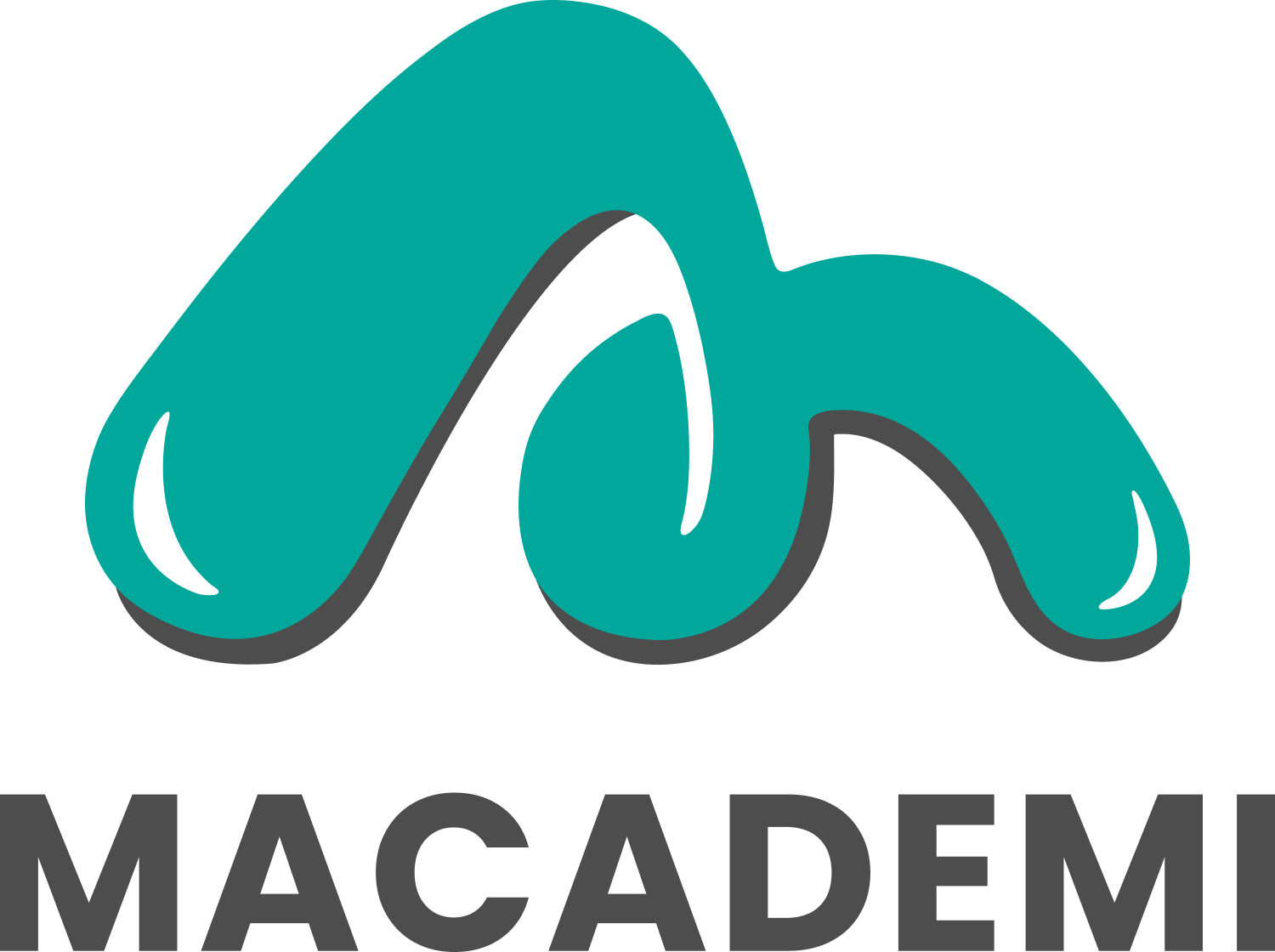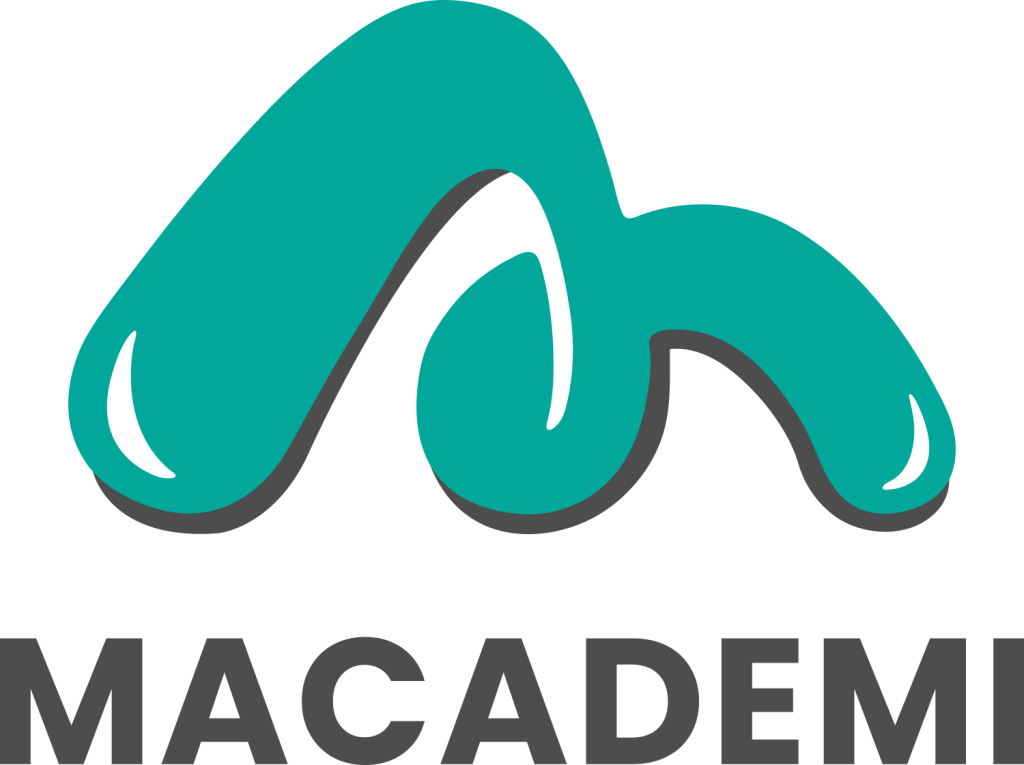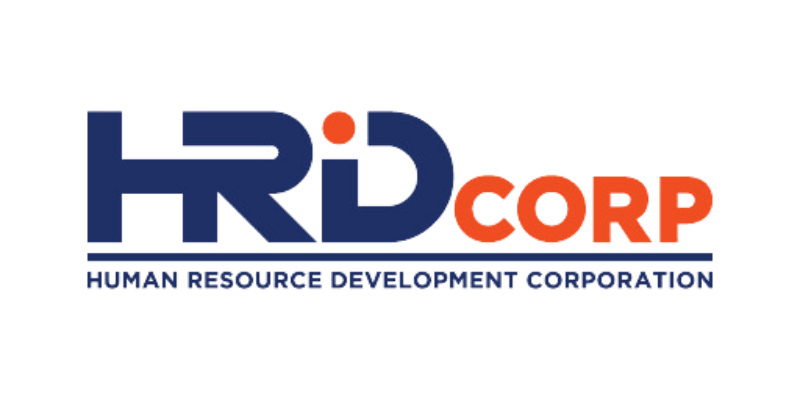E-Invoicing Implementation in Malaysia

E-invoicing is transforming the invoicing landscape, offering businesses enhanced efficiency, cost savings, and accuracy. This course provides a comprehensive understanding of e-invoicing, focusing on its role within Malaysian business practices and regulatory frameworks.
Participants will gain insights into the evolution, benefits, and implementation of e-invoicing, learn about the legal requirements, and explore various models and platforms available in Malaysia. The course is designed for beginners looking to adopt e-invoicing or enhance their current invoicing workflows.
This course is ideal for:
- Finance professionals
- Accountants and bookkeepers
- Business owners and entrepreneurs
- Managers overseeing invoicing processes
- IT professionals involved in systems integration
- E-Invoicing Fundamentals: Understand the concept, evolution, and business benefits of e-invoicing.
- Regulatory Compliance: Gain knowledge of Malaysia’s regulatory framework governing e-invoicing and ensure compliance.
- Platform Evaluation: Assess different e-invoicing models and platforms to choose the best fit for your organization.
- Implementation Strategies: Learn how to integrate e-invoicing with existing systems and overcome implementation challenges.
- Workflow Management: Master the end-to-end e-invoicing process, from generation to archiving and handling exceptions.
By the end of this course, participants will:
- Understand the concept and significance of e-invoicing in modern business.
- Navigate Malaysia’s regulatory landscape for e-invoicing and ensure compliance.
- Evaluate and select the most suitable e-invoicing platform for their organization.
- Implement e-invoicing seamlessly within existing workflows.
- Manage e-invoicing processes effectively, including handling disputes and exceptions.
Module 1: Introduction to E-Invoicing
- Definition and evolution of e-invoicing
- Business benefits of adopting e-invoicing
- Overview of e-invoicing systems and technologies
Module 2: Regulatory Framework in Malaysia
- Understanding the legal landscape for e-invoicing
- Ensuring the legal validity and integrity of e-invoices
Module 3: E-Invoicing Models and Platforms
- Overview of direct, indirect, and hybrid models
- Exploration of e-invoicing platforms in Malaysia
- Factors to consider when selecting an e-invoicing solution
Module 4: Implementation Considerations
- Preparing for e-invoicing adoption
- Integrating e-invoicing with accounting systems and workflows
- Change management strategies and addressing challenges
Module 5: E-Invoicing Workflow
- Generating and sending e-invoices
- Receiving, processing, and archiving e-invoices
- Handling exceptions and disputes
This training equips participants with the tools and knowledge to successfully implement e-invoicing within their organizations, ensuring compliance and efficiency. By understanding the regulatory framework and mastering workflow processes, participants can drive innovation in their financial operations.
—
—



